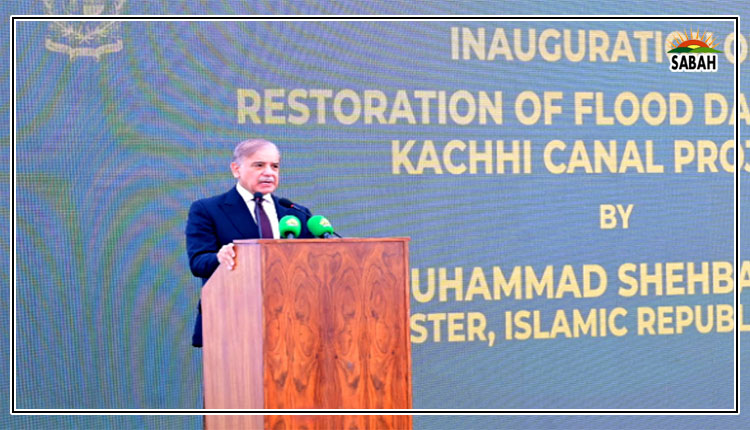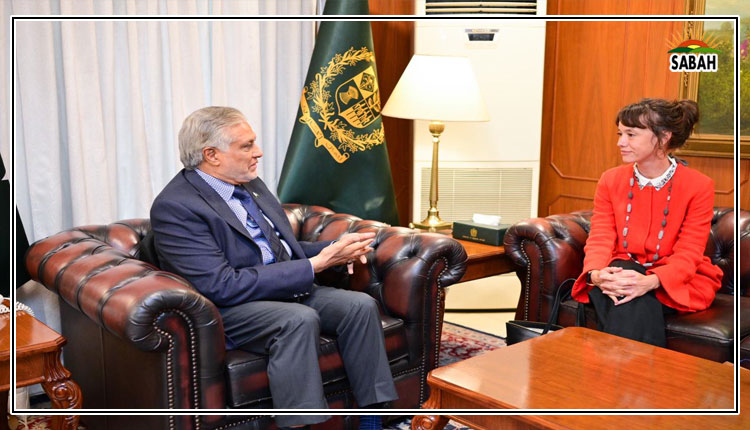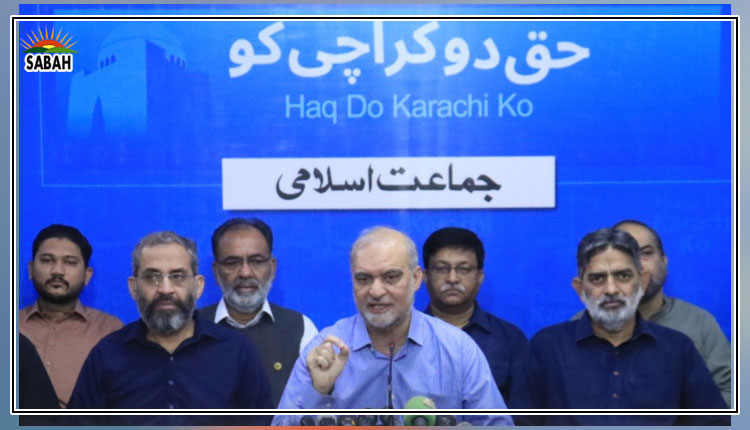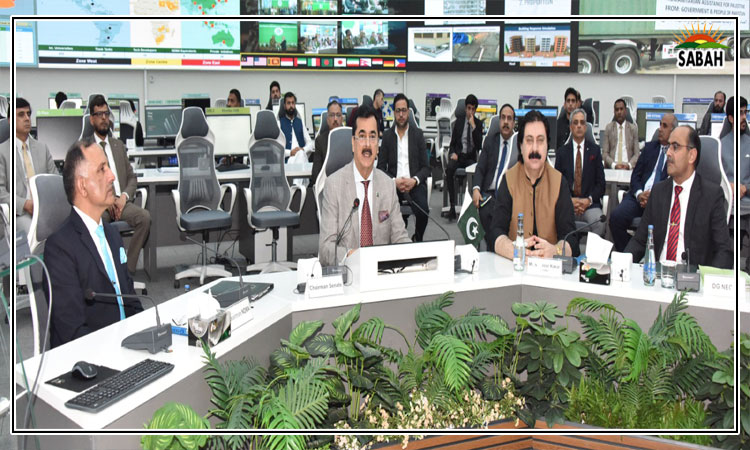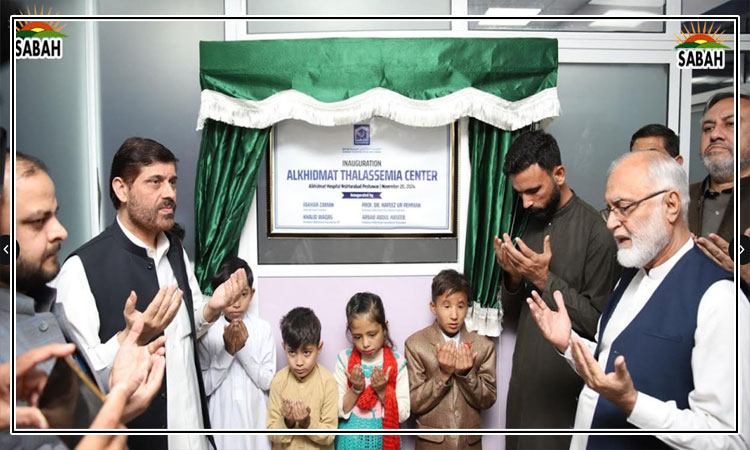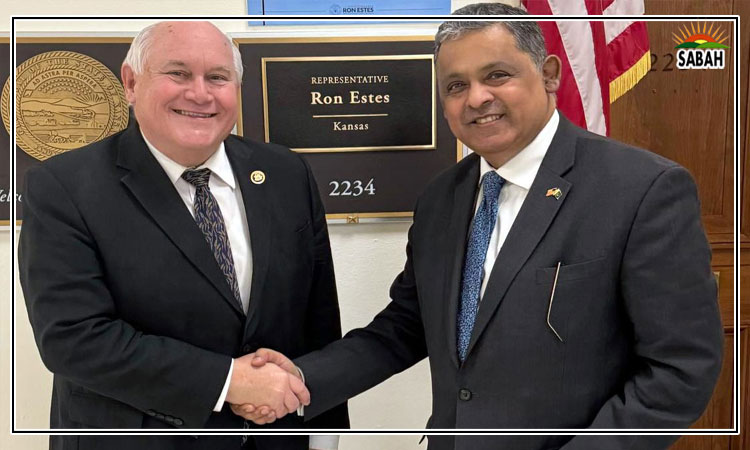Political parties lack democracy within …. Durdana Najam
General elections are upon us. The eligible from the 250 million population will vote for their representatives in the assemblies with the hope that they will turn their destiny around. Looking at past performance — characterised by breaches of international contracts, inconsistent policy initiatives, squeezed foreign investment and an economy surviving on borrowed money — the people have no choice but to choose the least dangerous beast for the crown for another five years. With Pakistan Tehreek-e-Insaf burdened with legal shenanigans, and most of its top leadership out of the electoral loop, the democratic principle of giving a level-playing field to all the contestants is at stake. Club this with political violence and terrorism that has erupted with full force since the start of the new year, it is difficult to perceive how the results of the 8th February election will lead to the formation of a legitimate government — one that would be acceptable to all the parties despite differences.
The people of Pakistan wait to see a functioning parliament and a judiciary untangled from political cases. In short, they wait to see the constitutional principles of separation of power implemented. The question is: who will bell the cat? Whether we like it or not, the onus is on political parties. They have to learn to unite despite differences. They have to be the first to implement the constitution. They have to be the first to honour their commitment to the principles of separation of power that demands that politicians start solving political differences in parliament rather than in the streets, in courts or worse through the so-called establishment. Slogans are not enough; respect for the vote should be visible in the acts and behaviours of political parties.
Democratic credentials would be difficult to adopt, let alone implement, unless parties start putting their faith in them. Unfortunately, no political party has followed its constitution in letter and spirit. Their elections are a farce albeit conducted according to the rules and laws. The first leadership tier is usually the one clinging to the powerful slots. This tier is usually filled with family members, typical of dynastic politics. Decisions are made by the cronies in the so-called kitchen cabinet. The top leadership typically cuts off from the workers once the elections are over. Since elections within parties are not held based on merit, party cadres instead of working for their constituents, spend most of their time keeping themselves in the good books of their leaders. As a result, the focus shifts from governance to personal enhancement. An ideal situation to make the bureaucracy more powerful. Out-of-turn promotions and out-of-merit appointments become the ladder to success instead of Key Performing Indicators. Finally, the dual of incompetency and corruption make a small group of people more powerful, leading to the formation of an elite circle. That’s what exactly happened to Pakistan. The country is hostage to this elite circle. It is in their interest to leverage the economy to the IMF. It is in their interest to push people below the poverty line and shrink the middle class. It is in their interest to encourage brain drain. It is in their interest to keep the public education and health facilities in a complete shambles. The unchecked private sector thrives on the wrong and selfish policies of this very elitism.
In an ideal democratic dispensation, political parties derive strength from local bodies rooted in the people. In Pakistan, the irony is that every civilian government spends a considerable time making plans that either thwart local bodies’ elections or making Local Body Act a toothless document. Not a single local body election in Pakistan has been held without the intervention from Supreme Court. Since consolidation of power is the main objective, the theme is similar from the intraparty elections to the local body elections: avoid merit, reinforce family grip on power and keep the common man away from reaching influential positions.
We may disagree with the Supreme Court’s decision on PTI’s intraparty elections because of the timing, but we cannot dismiss the reality reflected in the judgement. The party failed to conduct intraparty elections in time. The Election Commission of Pakistan had to send multiple ultimatums and warnings before the elections were finally held. However, according to the evidence presented before the ECP, all voting procedures of the Elections Act were violated. The party chairman was unilaterally elected, no voter lists were created, and no arrangements were put in place. Nomination papers were not issued, and there was no scrutiny of these papers, nor were final lists compiled. All these discrepancies eventually led to the disbanding of the party from the ECP, resulting in the loss of its electoral symbol.
Not that other parties would have held their interparty elections in a democratic fashion, the fact that the elections were held in time, prevented them from the wrath of the ECP.
The problem is that our political parties behave above the law but they want to be treated in a legally precinct manner in line with the principle of constitutional democracy. They want no intervention in their rule but have no qualms in inviting interventions to punish their opponents.
Pakistan’s survival depends on the democratic functioning of the political parties. Unless it happens, we shall keep seeing politicians languish in jails, their electoral symbols snatched, and their ability to perform independently thwarted because of the parties’ internal mechanisms that thrive not on performance but on personal linkages, deals and NROs.
Courtesy The Express Tribune, February 3rd, 2024.


